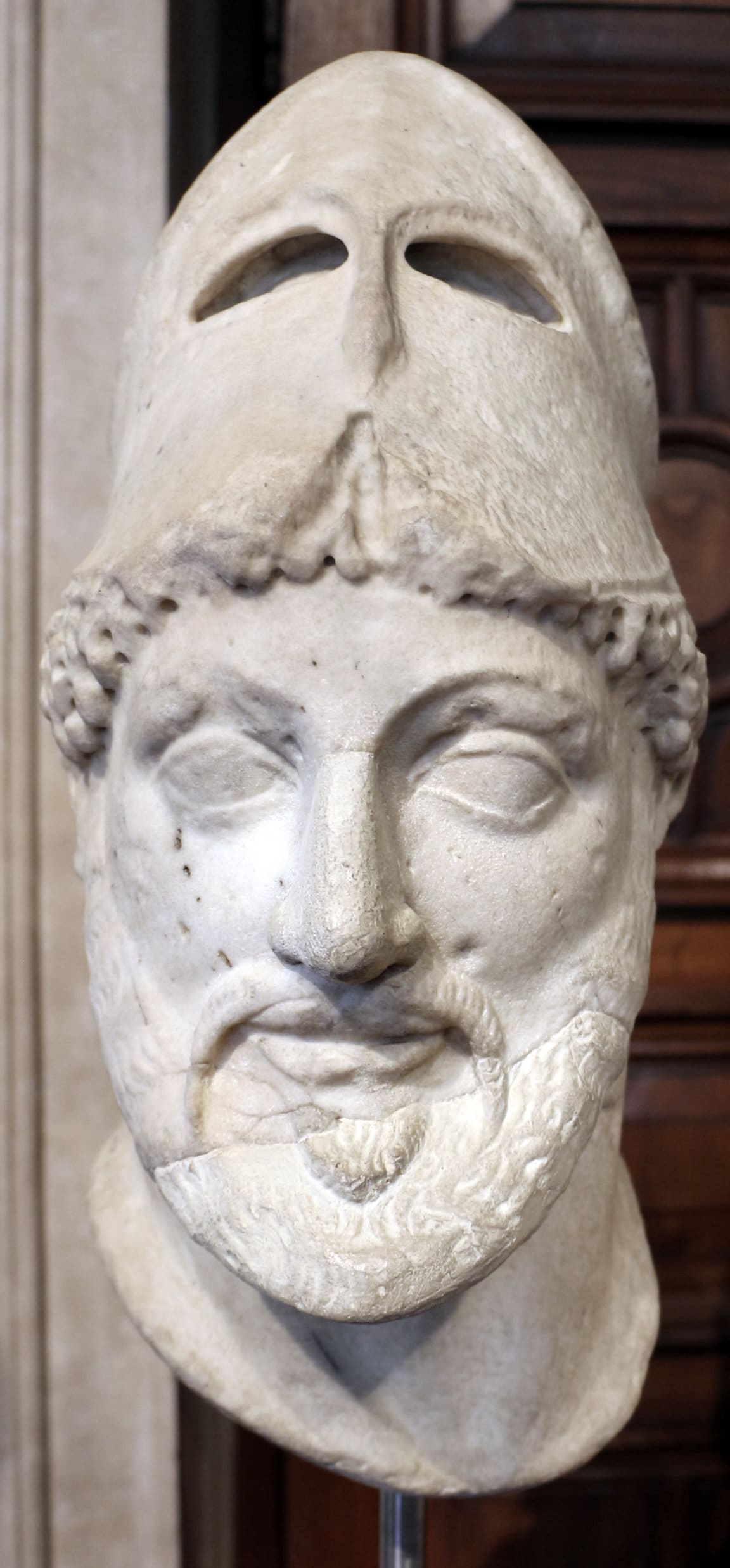
ADVERTISEMENT - CONTINUE READING BELOW
Ancient Athens Had a Track Record of Ingratitude Towards Her Heroes
Ancient Athens was notorious for ingratitude towards her heroes. The fate of Miltiades (550 – 489 BC) was an early example of such ingratitude. He was a general best known for his victory at the Battle of Marathon in 490 BC, a decade before the events of the movie 300. Marathon was an upset victory against a bigger force, which saved Athens from Persian conquest. Its victor was born into a wealthy family that owned a private kingdom in the Chersonese (today’s Gallipoli Peninsula), which Miltiades inherited in 516 BC.
When Darius I of Persia invaded the Chersonese in 513 BC, Miltiades surrendered and became a Persian vassal. In 499 BC, Asia Minor’s Ionian Greeks revolted against Persian rule. As a Persian vassal, Miltiades marched against the rebels. However, he secretly supported them and funneled them aid from Athens. Athens sent an expeditionary force that joined the rebels and put the Persian governor’s seat in Sardis to the torch. The Persians eventually crushed the revolt in 495 BC, and discovered Miltiades’ betrayal. That set in motion a chain of events that transformed Miltiades into a hero.

